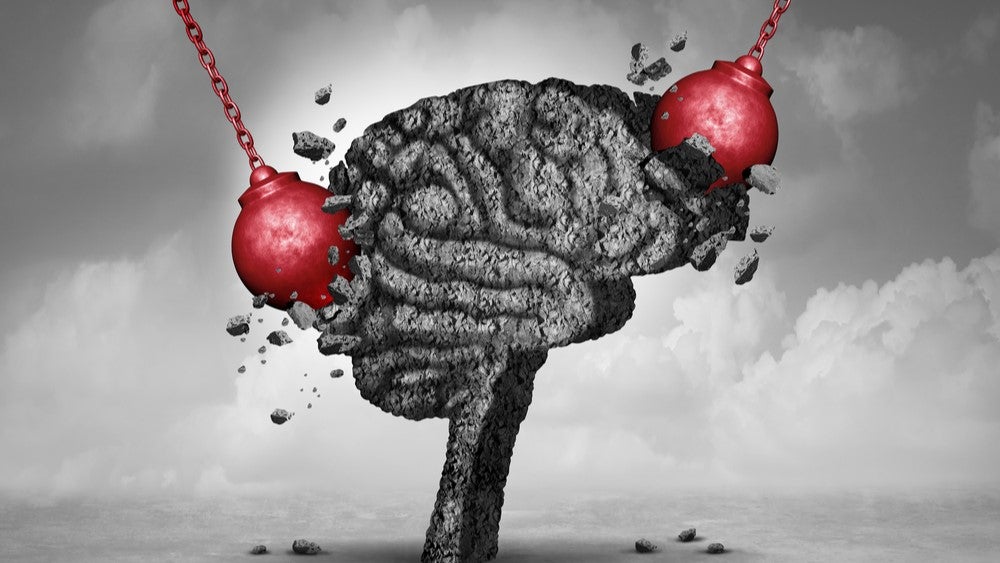Nexalin Technology has partnered with the University of California, San Diego, to start a clinical trial evaluating the company’s neurostimulation device, Gen-3 Halo headset, as an at-home treatment for mild traumatic brain injury.
The sham-controlled study will evaluate the effect of the Gen-3 Halo headset on brain activity and symptom relief in veterans with mild traumatic brain injury in virtual clinic settings. The trial is expected to enrol up to 60 participants.
Following the announcement of the trial start, the company’s stock was up by 20.95% as the market closed on 22 October, compared to the previous day.
The current clinical trial builds on the results of a previous trial of Nexalin’s Gen-2 console device in patients with mild traumatic brain injury. The study showed improvement in brain activity and pain reduction in the active treatment group participants compared to the sham group.
The current study aims to detect the location of injury and assess the mechanisms underlying neuroimaging changes associated with the treatment. It will measure changes in abnormal MEG slow-wave (1Hz-4Hz) and gamma-activity (30Hz-80Hz) generation and correlate them with improvements in post-concussion symptoms (PCS) and neuropsychological test performance.
The neuromodulation device market is expected to grow from $9bn in 2023 to more than $10.7bn in 2030, as per GlobalData analysis. The deep brain stimulation device market segment is projected to grow from $1.2bn in 2023 to $1.9bn in 2030.
Although being first developed for the treatment of depression, neuromodulation devices are being developed to treat a variety of neurological disorders. Nexalin is also developing its deep brain stimulation device to treat multiple mental health conditions such as major depressive disorder (MDD), addiction and substance use disorder, Alzheimer’s disease, chronic pain and stress-related neuropsychiatric disorders.
In January, SpineX published positive results from a first-in-human study evaluating the use of its electrical neuromodulation device in a patient with cerebral palsy. After eight weeks of using SpineX’s Spinal Cord Innovation in Paediatrics (SCiP) therapy, the patient had a 14.2-point increase in gross motor function as measured by the Gross Motor Function Classification System (GMFM) score.









